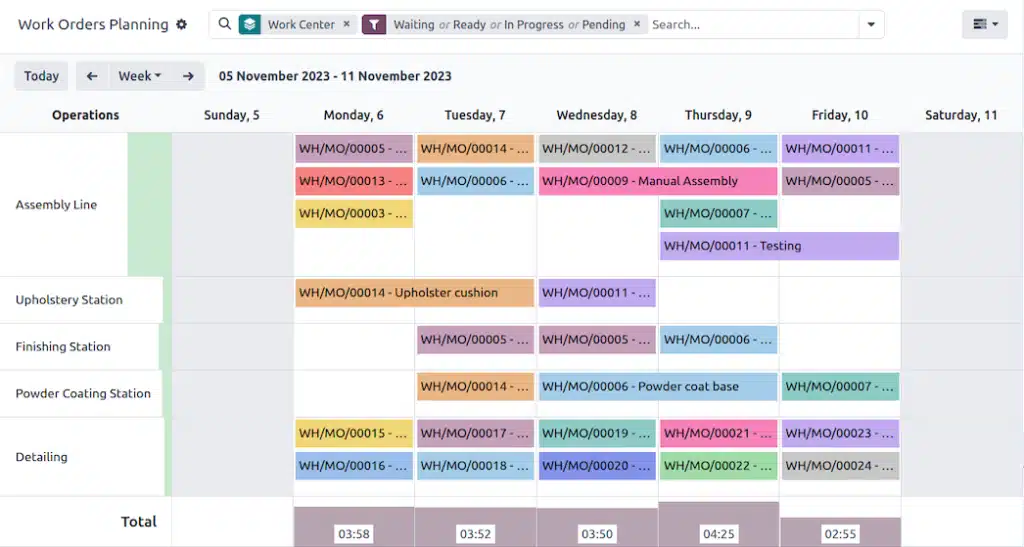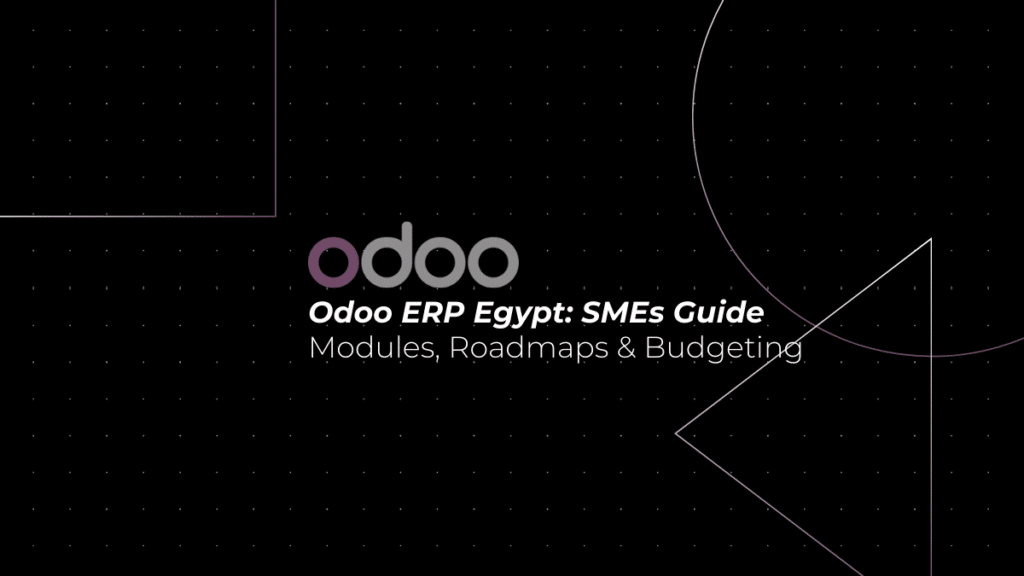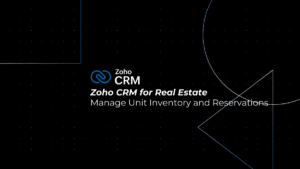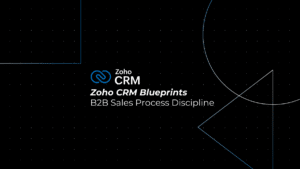For Egyptian SMEs navigating today’s fast-changing business landscape, efficiency and adaptability are no longer optional—they are survival tools. Manual systems and disconnected software may work at first, but as companies grow, they struggle with scattered data, rising costs, and compliance challenges. That’s where Odoo ERP Egypt comes in.
Odoo ERP Egypt offers a unified platform designed to streamline operations across finance, sales, HR, supply chain, and more. With modular flexibility, SMEs can start small and expand as needed. Even better, the affordability and localization options make it a realistic choice for growing businesses in Egypt compared to expensive legacy ERPs.
This guide walks you through how Egyptian SMEs can approach Odoo ERP: from choosing the right modules, planning an implementation roadmap, to budgeting effectively for long-term success.
Table of Contents
ToggleWhat Is Odoo ERP and Why It Matters for Egyptian SMEs
Odoo ERP is an open-source enterprise resource planning system used by more than 7 million businesses worldwide. Unlike traditional ERPs that are rigid and costly, Odoo offers:
- Modular design – Start with core apps and add more as your business scales.
- Affordability – Transparent pricing makes it accessible for SMEs.
- Localization – Adapted to Egyptian market needs including Arabic interface and local accounting.
- Integration – Finance, sales, HR, and operations are all connected in one ecosystem.
Unlike traditional ERP systems, Odoo offers SMEs in Egypt a solution that adapts to their growth. Its scalability makes it ideal for startups, growing companies, and established businesses alike. More importantly, Odoo ERP Egypt is cost-efficient and integrates seamlessly with business workflows, ensuring that companies can start small and expand without overspending.
Understanding the Core Modules of Odoo ERP Egypt
One of the main advantages of Odoo ERP Egypt is that you don’t have to buy everything at once. You can select the modules that address your most pressing needs. Below are the most commonly chosen modules by SMEs:
Accounting & Finance
- VAT compliance for Egyptian regulations
- Automated invoicing and bank reconciliation
- Expense management and real-time reporting
Sales & CRM
- Manage leads from inquiry to closing
- Automate follow-ups and reminders
- Sync sales with inventory and invoices
Inventory & Supply Chain
- Stock level tracking
- Warehouse management
- Procurement automation
Human Resources
- Recruitment and onboarding workflows
- Employee records, attendance, and leave
- Payroll management and appraisals
Manufacturing (for SMEs in production)
- Bill of materials (BOM) creation
- Work order planning
- Quality checks and maintenance scheduling

E-Commerce & Website
- Build an online store quickly
- Integrate with inventory and accounting
- Accept local and international payments
By carefully selecting modules, SMEs can avoid unnecessary costs while ensuring that their most critical processes are digitized first.
Building a Roadmap for Odoo ERP Implementation
Jumping straight into ERP without planning is risky. Egyptian SMEs should follow a roadmap that balances immediate needs with long-term goals.
Phase 1: Assessment
- Map current business processes.
- Identify pain points (e.g., manual accounting, missed sales opportunities).
- Prioritize which departments need automation first.
Phase 2: Pilot Implementation
- Select a small set of critical modules (e.g., Accounting + Sales).
- Train key users.
- Monitor performance and gather feedback.
Phase 3: Gradual Expansion
- Add secondary modules like HR, Inventory, or E-Commerce.
- Integrate across departments for a seamless workflow.
Phase 4: Optimization
- Automate reporting and approvals.
- Use Odoo’s analytics dashboards to make data-driven decisions.
- Regularly review and update workflows as your business grows.
Pro Tip: Partnering with a local Odoo implementation expert in Egypt helps you localize processes, configure VAT rules correctly, and train your team for smoother adoption.
Budgeting for Odoo ERP in Egypt
Budgeting is one of the biggest concerns for SMEs when moving to ERP. Here’s how to plan realistically:
Licensing Costs
Odoo offers two editions:
- Community Edition (Free): Limited functionality, good for testing.
- Enterprise Edition (Paid): Full features, cloud hosting, and regular updates.
For Egyptian SMEs aiming for scalability and compliance, the Enterprise edition is usually the best choice.
Implementation & Customization
Costs depend on:
- Number of modules selected
- Degree of customization
- Integration with existing systems
Training & Support
Invest in employee training to ensure smooth adoption. Ongoing support packages may also be needed for troubleshooting and upgrades.
Long-Term Savings
Although there is an upfront investment, Odoo ERP Egypt reduces hidden costs by:
- Eliminating multiple standalone software subscriptions
- Automating manual processes
- Preventing compliance penalties with VAT and tax laws
In short: SMEs spend smarter, not more.
Odoo ERP Egypt: Local Benefits SMEs Can’t Ignore
1. Arabic Language Support – Employees can use Odoo in Arabic, reducing adoption resistance.
2. ETA E-Invoicing Compliance – Essential for businesses in Egypt to comply with e-invoicing regulations.
3. Egypt-specific Accounting Features – Handles VAT and local taxation seamlessly.
4. Regional Payment Gateways – Integrations with local banks and payment processors.
This localization makes Odoo ERP more practical for Egyptian SMEs compared to global ERP giants that lack regional customization.
Integrations Between Odoo Apps: Building a Unified System
One of the biggest strengths of Odoo ERP is that all apps talk to each other seamlessly. Instead of working with disconnected tools, SMEs get a single platform where data flows freely.
Examples of powerful integrations:
- Sales + Inventory + Accounting → When a sale is confirmed, stock levels update automatically, and an invoice is generated instantly.
- HR + Payroll + Accounting → Salaries processed in payroll reflect in financial reports in real time.
- E-Commerce + CRM + Inventory → Online store orders sync with customer records and warehouse stock.
This level of synergy reduces duplicate work, eliminates errors, and ensures decision-makers have real-time visibility into the business.
Common Challenges Egyptian SMEs Face With ERP—and How to Overcome Them
- Fear of Complexity – Start small with essential modules and expand later.
- Budget Constraints – Odoo’s modular approach ensures you only pay for what you use.
- Resistance to Change – Invest in staff training and emphasize the benefits of reduced manual work.
- Data Migration – Work with a local partner to transfer data from spreadsheets or old systems accurately.
Real-World Example: Odoo ERP Implementation in Egypt
Brown Nose, a growing coffee chain in Egypt partnered with PyramidBITS to streamline its operations with Odoo.
- Procurement & Inventory: Automated purchasing, approvals, and stock transfers.
- Manufacturing: Digitized roasting, packaging, and in-branch prep.
- Accounting: Automated invoices, tax compliance, and real-time reports.
- HR: Centralized employee data, payroll, and shifts.
The Result: End-to-end efficiency, reduced errors, and a fully scalable system.
Final Thoughts
For Egyptian SMEs, Odoo ERP is not just software—it’s a growth enabler. By choosing the right modules, following a realistic roadmap, and budgeting smartly, businesses can unlock efficiency, stay compliant with local regulations, and scale confidently.
With its modular design, affordability, and localized features, Odoo ERP Egypt is proving to be a game-changer for SMEs that want to compete smarter in today’s market.
Ready to transform your business with Odoo ERP Egypt?
Partner with PyramidBITS today for a seamless ERP implementation, compliance with Egyptian regulations, and a clear roadmap to growth.



